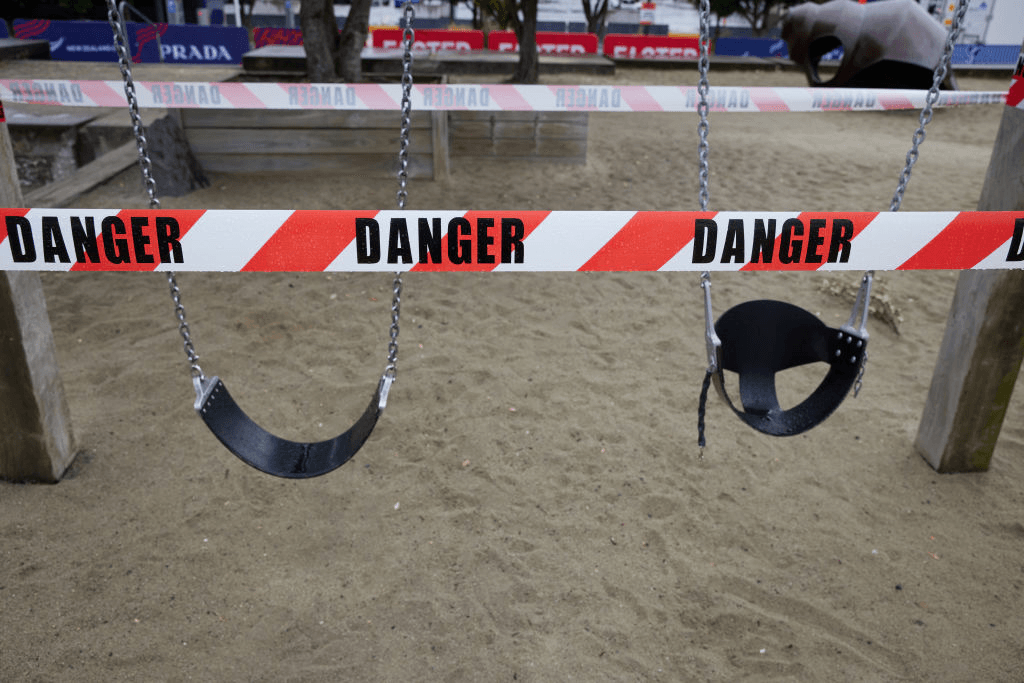Despite the looming threat of a highly infectious delta variant of the virus, the world is slowly reopening. As Justin Giovannetti writes, the global battle against Covid-19 is as confusing as ever.
This was the point in the year when humanity was supposed to start turning the tide against Covid-19. While that might still be happening, the outlook is far less certain than it once seemed.
Halfway through the year, half the Australian population is in lockdown, New Zealand’s vaccination campaign is only slowly building steam and a highly contagious strain of Covid-19 is setting back global efforts to beat the pandemic.
Wellington was in alert level two at the start of the week because of fears of spread in the capital. In an interview with The Spinoff, Nick Wilson, the epidemiologist from the University of Otago, said it was a wakeup call for the country to fortify its defences.
“It really isn’t state-of-the-art,” he said of the border.
With outbreaks in Taiwan, Australia, Israel and all the other countries we’ve compared ourselves to, I asked him: who is state-of-the-art? Who has done best?
There was a long pause.
“New Zealand really has done best. But there’s been a real element of luck for some of these border failures and we really shouldn’t rely on luck,” he said.
This isn’t where we were supposed to be in July.
At the start of 2021, US president Joe Biden promised that when Americans celebrated July 4 this year, they’d also be celebrating independence from Covid-19. Following its early failures to contain the virus, the US vaccination effort was world-beating at the start of the year. In recent months it has slowed to a crawl due to a shortage of willing arms.
Biden had set a goal of vaccinating 70% of the adult population by July 4. The US will get close, with 67% of people over the age of 18 having currently received a single dose. However, the delivery has been quite uneven, with left-leaning coastal states rolling up their sleeves enthusiastically while more conservative southern states have shown little interest.
The result is the US has become a story of two pandemics, where parts of the country with high levels of vaccination have seen relatively low levels of hospitalisations while states spurning jabs have seen local explosions in case numbers. It’ll be hard for the world to move on while its global hub remains like this.
Complicating matters, the goalposts for how many people need to be inoculated have moved in recent months due to the appearance of a dangerous variant of Covid-19.
The delta variant, first seen in India, has now been detected in 85 countries around the world. It’s largely responsible for the lockdowns in Australia, having spread in Sydney between people with only fleeting contact.
It’s incredibly contagious and has been dubbed the “super-spreader strain” overseas. Two Australians who spent a weekend in Wellington both tested positive for the variant, but somehow didn’t pass it on to one of the over 2,000 contacts identified from their time in the capital.
Delta is up to 60% more transmissible than the UK variant that dominated headlines earlier this year. That variant was itself was up to 50% more transmissible than vanilla covid. The good news has been that the vaccines work well against the variants, the bad news is that it spreads much more easily among the unvaccinated.
Delta explains why Britain has seen a surge in cases in recent weeks despite more than half the population being fully vaccinated. The variant has been detected in 90% of recent cases in the UK and has led to concerns the country’s reopening could once again be delayed.
As Britain goes, the US could follow. The variant is increasing rapidly among American cases and is expected to be dominant by the middle of the month. Anthony Fauci, Biden’s chief medical adviser, has called delta the “greatest threat” to the US.
There’s already been an impact on US plans. After lifting mask mandates earlier this year, some cities like Los Angeles have reversed course because of delta and new advice from the World Health Organisation that the vaccine alone might no longer be enough against the variant.
At the start of the year, prime minister Jacinda Ardern spoke about 2021 being the “year of the vaccine” here. She described a situation where the country’s border facilities could be replaced by a “personal armour” provided by a vaccine. She’s stopped saying that.
New modelling from Te Pūnaha Matatini released this week indicated that up to 97% of the population would need to be vaccinated to control a variant like delta. Asked about the finding this week, Covid-19 response minister Chris Hipkins said that his target is 100%. Realistically, that won’t be happening.
The result is that the country’s border defences, along with mask wearing, social distancing and other measures, will continue indefinitely. Australia has indicated its border will remain closed for at least another year. Due to the trans-Tasman bubble, New Zealand is likely to follow Canberra’s lead.
Despite the threat of delta, the second summer under Covid-19 in the northern hemisphere has been one of reopening.
According to The Economist’s normalcy index, life is unevenly clawing its way back to pre-pandemic levels of activity across the world. If pre-pandemic life is 100 under the index, the world is now at 66. Across most countries, public transit use is back to 80% of what it was before Covid-19, reflecting a return to the office and shopping malls. Retail has nearly recovered around the world, now at 91% of what it was before the pandemic hit.
The result of the reopening is that New Zealand lost its top spot in Bloomberg’s Covid resiliency ranking this week. The publication’s index of where is the best place to be in the pandemic now has the US on top while New Zealand is in second place. The ranking cited the “lack of vaccine urgency” in New Zealand’s vaccine programme and the country’s closed border, which has left it cut off from the world.





